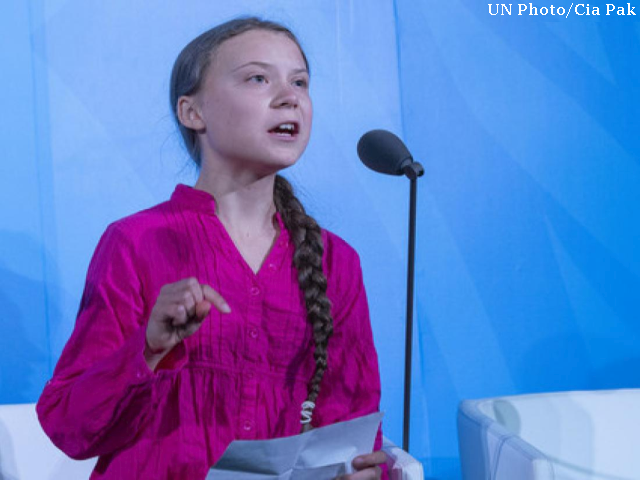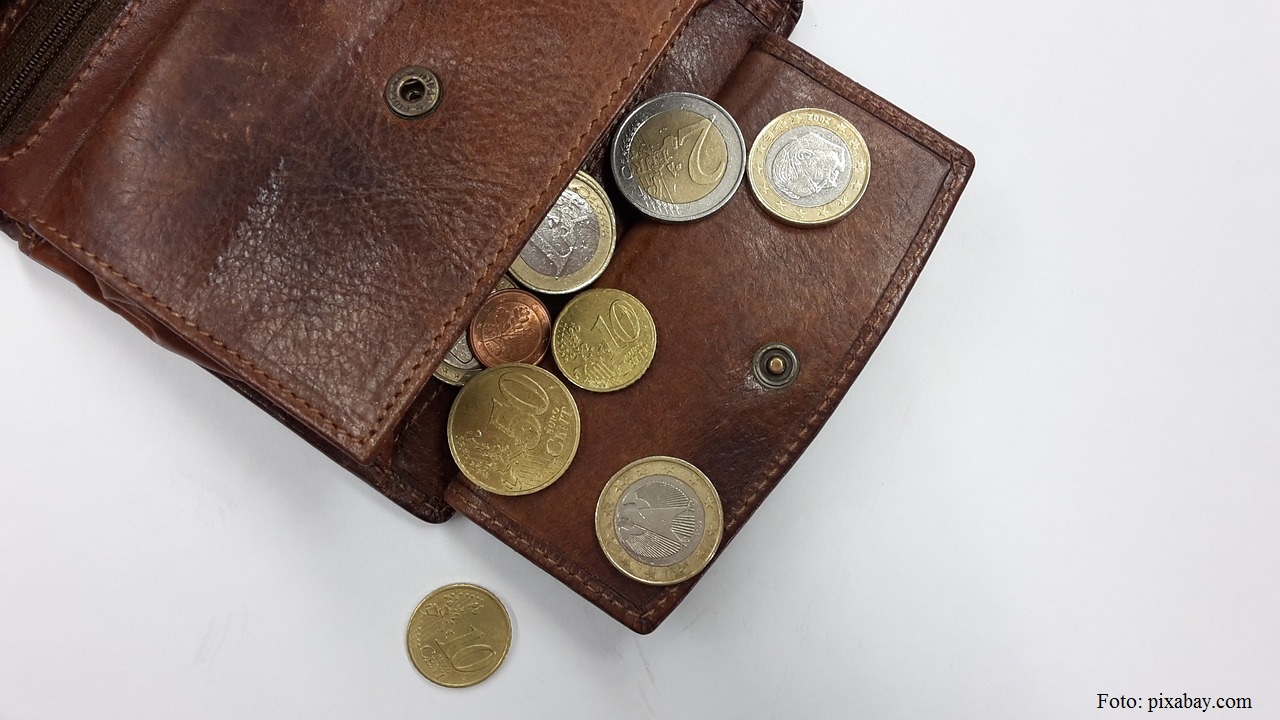Romanians’ perceptions of climate change
Recently initiated by the Swedish teenager Greta Thunberg, the global movement to raise awareness for climate and ecological problems Fridays for Future also has its supporters in Romania.

Christine Leșcu, 02.10.2019, 13:00
Between the 20th and the
27th of September, a number of environmental organisations held
protests and carried out activities intended to draw the attention of the
competent authorities about the level of pollution and its undeniable toxic
effects. Madalina Scarlat, one of the initiators, says Fridays for Future
actions have taken place in Romania this year, first in Bucharest:
We then gathered in other cities as
well to protest and to put together this campaign which took place all week
between the 20th and the 27th. This was intended to
coincide with the Climate Week and the UN Summit in New York, where the
representatives of the Fridays for Future movement went in an effort to
persuade the world’s governments to recognise the state of climate emergency in
which we find ourselves and take the necessary measures to reduce the impact of
climate change.
A protest march held on the 20th
of September that began outside the National Library in Bucharest and which was
attended by around 1,000 teenagers, was followed by other activities carried
out in 75 partner schools. The actions are wide-ranging but are primarily
intended to inform and encourage pupils to make their own small contribution to
preventing an even faster pace of global heating and pollution. It’s all based
on the idea that any individual contribution counts because it adds to other
similar contributions, says Madalina Sacrlat:
Each and every one of us can
contribute something small, which, together with other small actions, can cause
significant improvement. The fact that we don’t use so much plastic, that we
use our own bottles, that we don’t put fruit and vegetables we buy at the
market in plastic bags, but bring our own tote bags to carry them, all these
individual actions, apart from convincing others to do the same, have a larger
impact together.
However, according to an opinion
poll measuring Romanians’ perceptions about climate change and global warming,
only 6% of respondents have heard about #fridaysforfuture, the actions
initiated by the activism of the Swedish teenager Greta Thunberg, while two
thirds have heard about Earth Hour, with 36% taking part. Moreover, 73% of
Romanians have never heard of the Paris agreement. On the other hand, the poll
indicates that many are concerned about environmental issues.
96% of respondents said they know
about global warming, while 86% of them said that global warming is a serious
issue. This might sound optimistic if we compare the data to the results of
another survey carried out in 2009. At the time climate change was a reason for
concern for only 16% of Romanians. Now, a little over 25% believe that climate
change is the second most important challenge at global level after poverty.
What are the reasons behind this change in perception? Sociologist Dan Jurcan.
Media coverage has worked very well
in this respect. It’s not enough to see politicians talking about the Paris
accord. The latest meteorological phenomena have been more impactful in this
sense, even locally. This year alone we’ve had two small tornadoes which caused
damages in Romania, while last year we had a similar phenomenon in Timisoara.
It’s clear that the impact of climate change on small communities produces
changes in the behaviour and perception when the event reaches the news.
According to the same study, only
75% of respondents expressed an interest in waste collection or greening
campaigns, as compared to the 86% who declared an interest for forestation
campaigns. Still, the degree of participation is lower in the case of the
latter, 33%, as compared to the former, 38%. This is why we need to move from
intention to action, as well as to strike a balance between citizens’
expectations and the authorities’ achievements, Dan Jurcan says.
If the population had a solid green
education, then behaviours would be different too. For instance, our study
reveals that Romanians claim they are recycling waste selectively, whereas we
know this is not the case in reality. And citizens are not to blame for these,
their good intentions are there. More often than not the responsibility lies
with the authorities and companies that take care of waste collection. There
are success stories about local authorities who have provided people with
waste-collection bags of different colours, to separate household waste from
plastic, paper and glass. And people have complied, which is a sign that they
are willing to take on a more eco-friendly behaviour. This is what our study
shows. The authorities simply need to create a suitable framework.
To conclude, although the study
could play down any initial outburst of optimism when reading its findings,
there’s one thing that gives us reasons to rejoice: Romanians are concerned
about environment issues. Dan Jurcan:
When the topic is perceived as a
highly important social issue, it’s normal to have positive results,
commensurate to the topic’s importance. But it’s worth noting that the public
has grown aware of such issues and people are talking about them. So, climate
change is not just on the Government’s agenda, something a number of
researchers are trying to include on the public agenda. It’s already there.






























